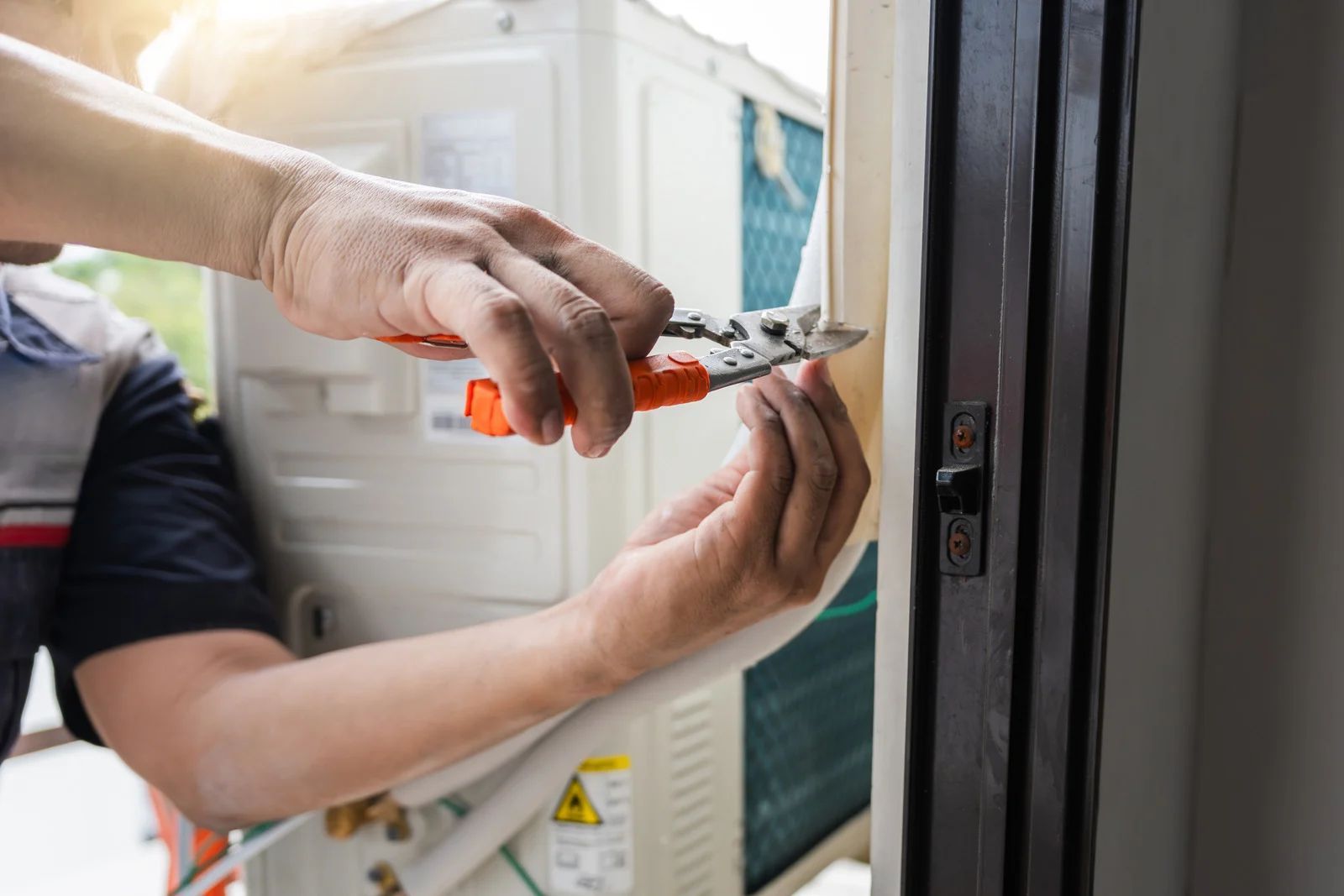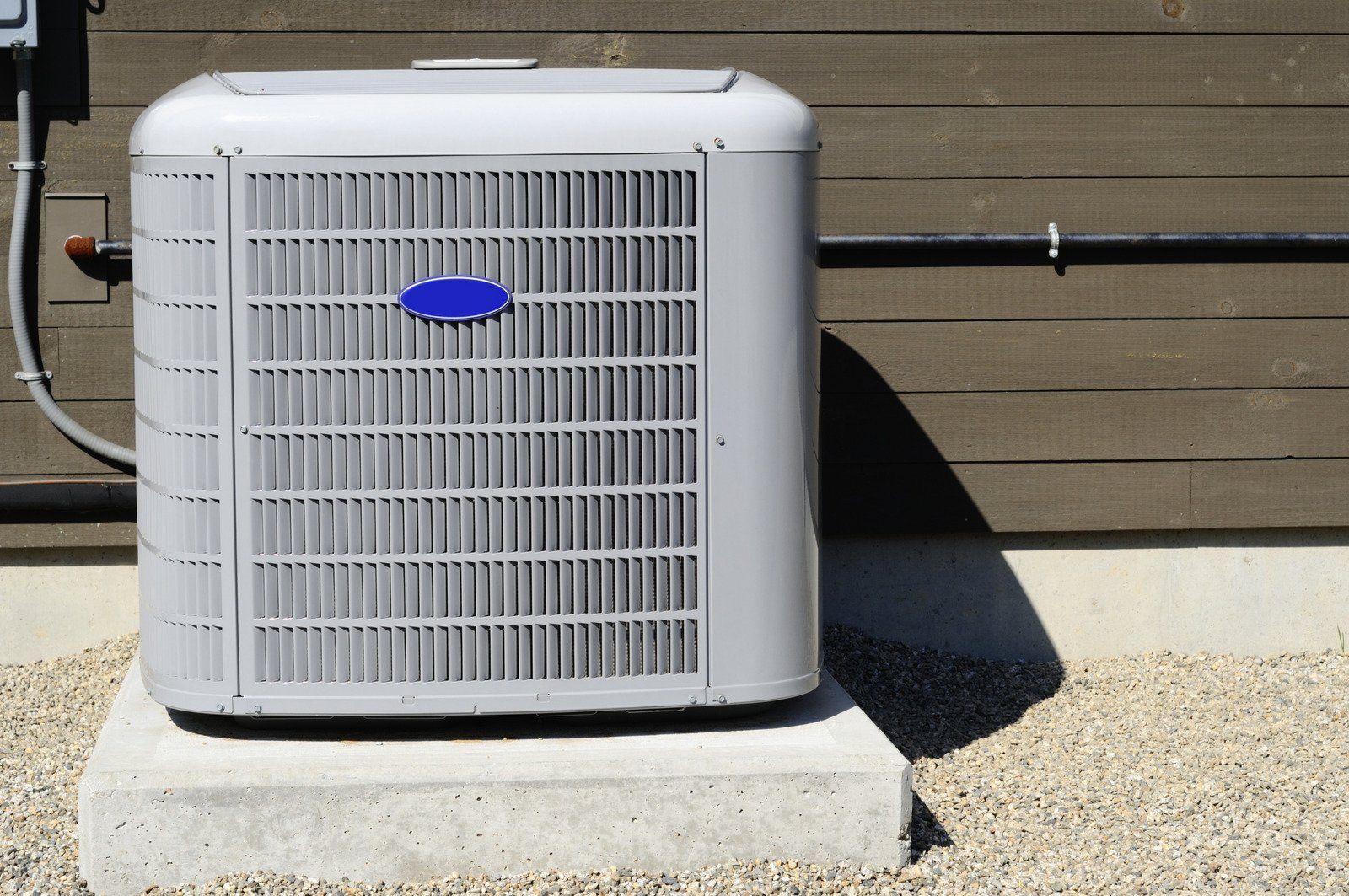Everything You Must Know About SEER Rating For Efficient HVAC System
As a homeowner, it's essential to understand the Seasonal Energy Efficiency Ratio (SEER) when it comes to your HVAC system. The SEER rating measures your system's efficiency, specifically regarding cooling performance. A higher SEER rating signifies a more efficient system, leading to lower energy consumption and reduced utility bills. This article will delve into everything you must know about SEER rating and its significance for an efficient HVAC system.
What is SEER Rating, and How is it Calculated?
The SEER rating is a standardized measure used in the HVAC industry to determine the energy efficiency of an air conditioning system. It stands for Seasonal Energy Efficiency Ratio and is calculated by dividing the system's cooling output (in BTUs) by the energy consumed (in watt-hours) during a specific period, usually a cooling season. The higher the SEER rating, the more capable the system is of cooling performance, as it can produce more cooling output with less energy consumption.
Importance of SEER Rating for Energy Efficiency
The SEER rating of your HVAC system is crucial for energy efficiency and can significantly impact your utility bills. A higher SEER rating means your system is more energy-efficient, as it can cool your home with less energy consumption. This can reduce monthly energy bills, saving you money in the long run. A higher SEER rating also indicates that your system is environmentally friendly, as it reduces your carbon footprint by using less energy and producing fewer greenhouse gas emissions.
Benefits of a Higher SEER-Rated HVAC System
Investing in an HVAC system with a higher SEER rating can bring several benefits:
- It can help you save on energy bills by reducing your monthly energy consumption.
- A higher SEER rating means your system operates more efficiently, resulting in better performance and improved comfort in your home.
- An environmentally friendly HVAC system with a higher SEER rating reduces your carbon footprint and minimizes your environmental impact.
How To Select An HVAC System Based on SEER Rating
When selecting an HVAC system, it's essential to consider the SEER rating and other factors. The size and layout of your home, climate, and budget are crucial factors. A higher SEER rating is recommended for warmer climates to ensure optimal energy efficiency and comfort. The upfront cost and potential long-term savings from lower energy bills should also be considered. Consulting with a professional HVAC contractor can help you determine the right SEER rating for your needs.
Maintaining and Improving SEER Rating
To maintain and improve the SEER rating of your HVAC system, regular maintenance is key. This includes cleaning or replacing air filters, scheduling professional HVAC maintenance, sealing air leaks in ducts, and ensuring proper insulation in your home. Additionally, upgrading to a programmable thermostat, sealing air ducts, and using proper shading and landscaping techniques can also contribute to improved energy efficiency and a higher SEER rating.
Takeaway
In conclusion, understanding the SEER rating of your HVAC system is essential for efficient operation, energy savings, and environmental impact. Choosing an HVAC system with a higher SEER rating, considering factors such as home size, climate, and budget, and maintaining regular HVAC maintenance can all contribute to improved energy efficiency and comfort in your home. Consult with a professional HVAC contractor for expert advice on selecting and maintaining an HVAC system with an optimal SEER rating for your specific needs.





